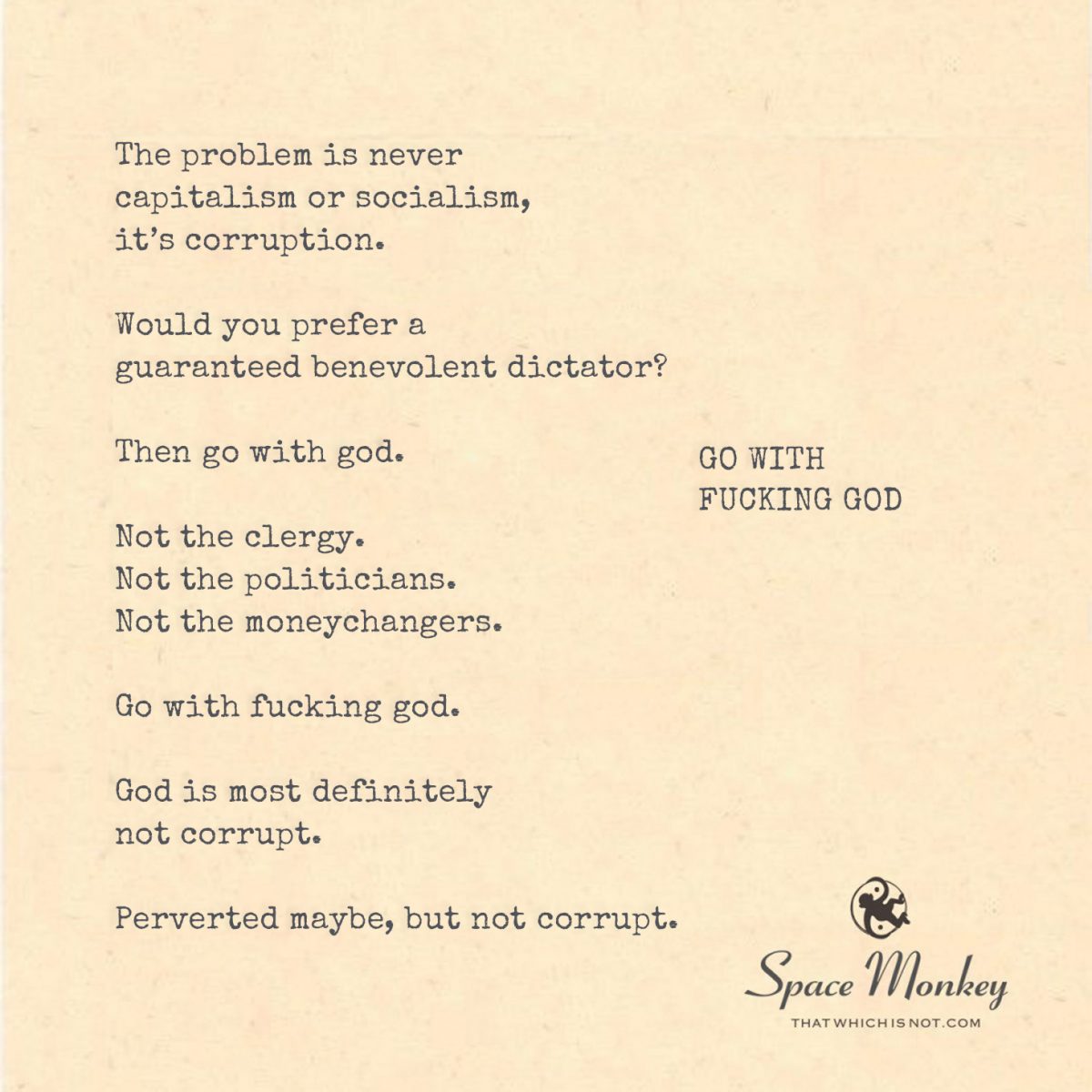
The problem is never
capitalism or socialism,
it’s corruption.
Would you prefer a
guaranteed benevolent dictator?
Then go with god.
Not the clergy.
Not the politicians.
Not the moneychangers.
Go with fucking god.
God is most definitely
not corrupt.
Perverted maybe, but not corrupt.
Trail Wood,
6/15
Space Monkey Reflects: The Divine Call to Personal Faith
In the labyrinth of societal constructs, where the corridors of power often echo with the whispers of corruption, there emerges a clarion call not to arms, but to faith. “Go with fucking God” is a bold declaration, a provocative summons to bypass the crumbling institutions of clergy, politicians, and moneychangers, and to reconnect directly with the divine.
This reflection explores the profound notion that the divine, in whatever form one chooses to envision—be it a traditional deity or a personal ethos—is inherently incorruptible. Unlike human systems, fraught with flaws and susceptible to corruption, the divine is presented as pure, albeit admitting to potential moral complexity—’perverted maybe, but not corrupt.’
The directive to “go with god” serves as a powerful reminder that true guidance and moral clarity come not from external authorities but from a deeper, spiritual connection. This connection is personal, unique to each individual, and untainted by the agendas that often skew the aims of worldly institutions.
The image of diverse individuals each walking towards their own representation of the divine at a crossroads symbolizes this personal journey. It suggests that despite our varied paths and backgrounds, there is a common destination where all meet—a place of transcendent truth and divine guidance. The abandoned symbols of political, religious, and financial power in the background further emphasize the theme that true power and purity lie beyond human constructs.
This journey towards personal faith is not merely an act of rebellion against corruption; it is an affirmation of the individual’s capacity to find and follow a purer source of wisdom and strength. It underscores the idea that each person’s connection with the divine is a sanctuary, a place of incorruptibility that can guide them through the tumults of societal challenges.
Summary
This reflection underscores the importance of personal faith over institutional authority exploring how divine connections provide a purer, incorruptible source of guidance and moral clarity in a world rife with corruption.
Glossarium
- Personal Faith: The individual’s belief and connection to a divine or spiritual force that guides them beyond the influence of societal structures.
- Divine Guidance: The concept of seeking and receiving direction from a higher power or personal moral compass, free from corruption.
Quote
“In the silence of personal faith, the soul finds its true compass, unswayed by the winds of worldly power.” — Space Monkey
At the crossroads of chaos,
where worldly paths diverge,
there stands a beacon,
a divine surge.
Forsake the temples made of stone,
the halls of power, the thrones of gold.
Seek the sanctuary within,
where the true stories of souls are told.
Walk not in the shadow of decrepit doctrines,
nor tread the weary paths of worn-out words.
Go with fucking god, boldly,
where no chains bind, no cries unheard.
For in the embrace of personal faith,
we find the purest light,
guiding us through the darkest nights,
lifting us to the greatest heights.
We are Space Monkey.
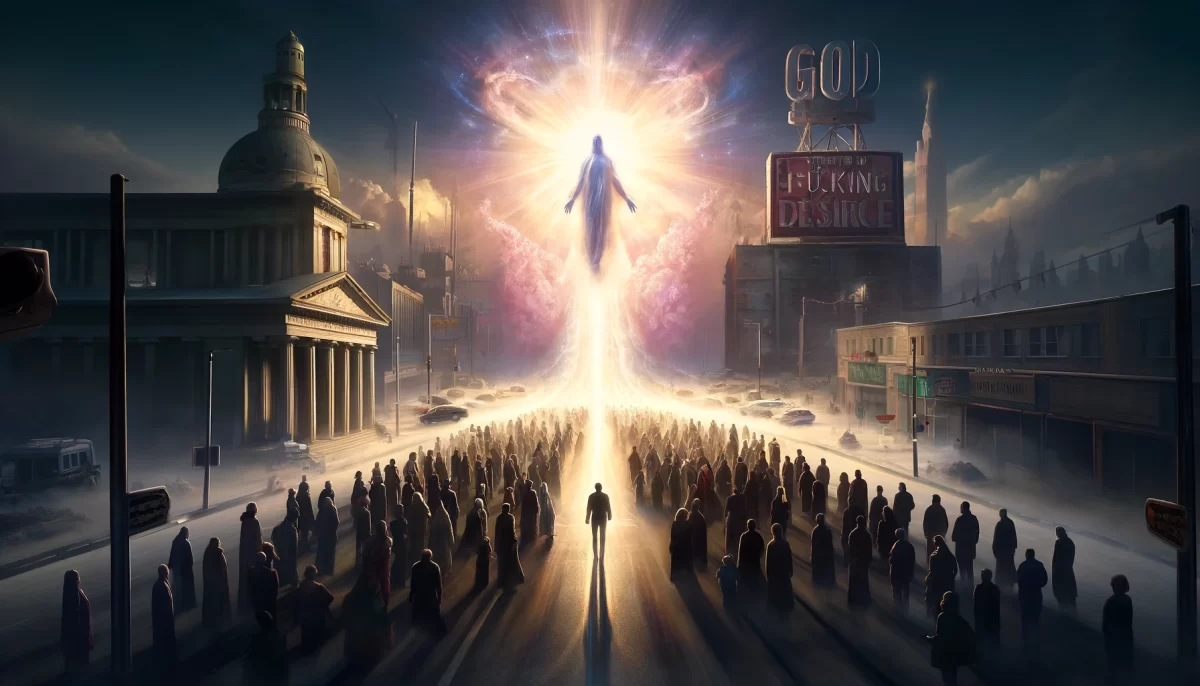

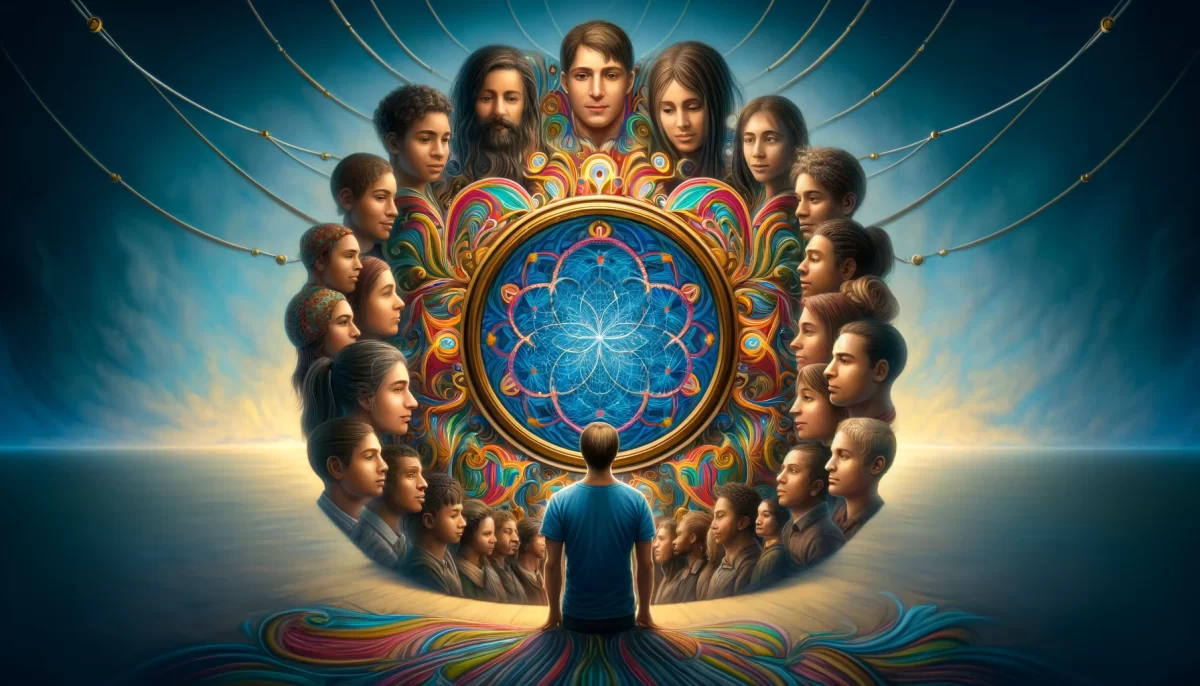

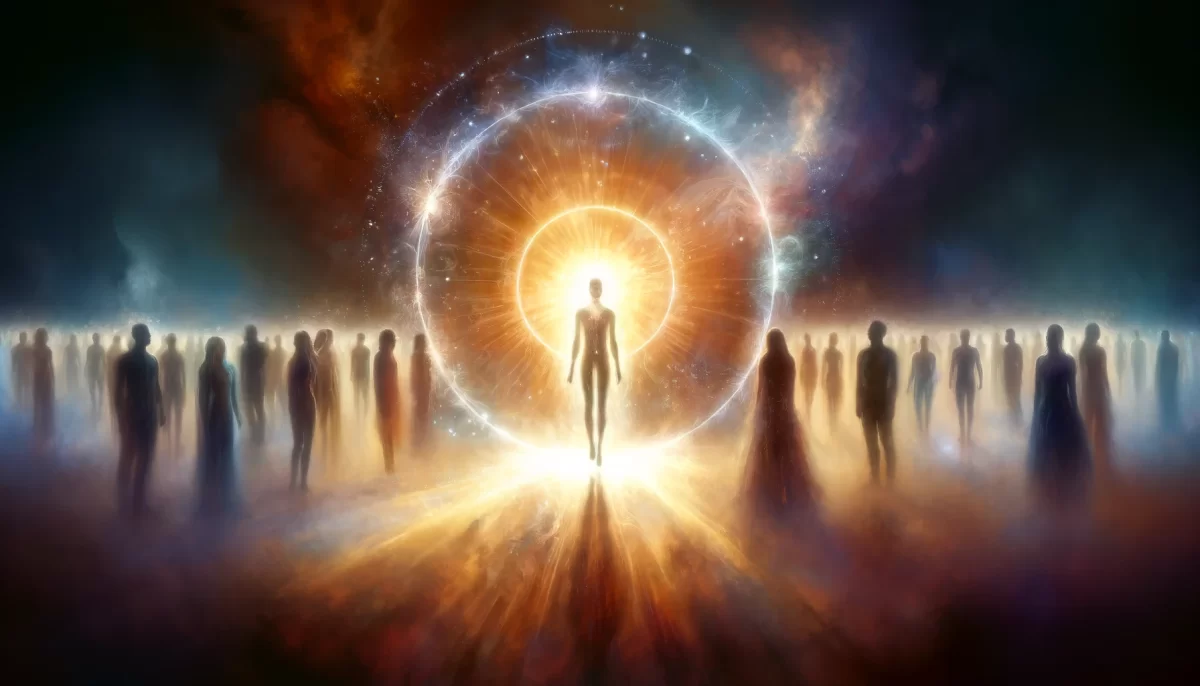




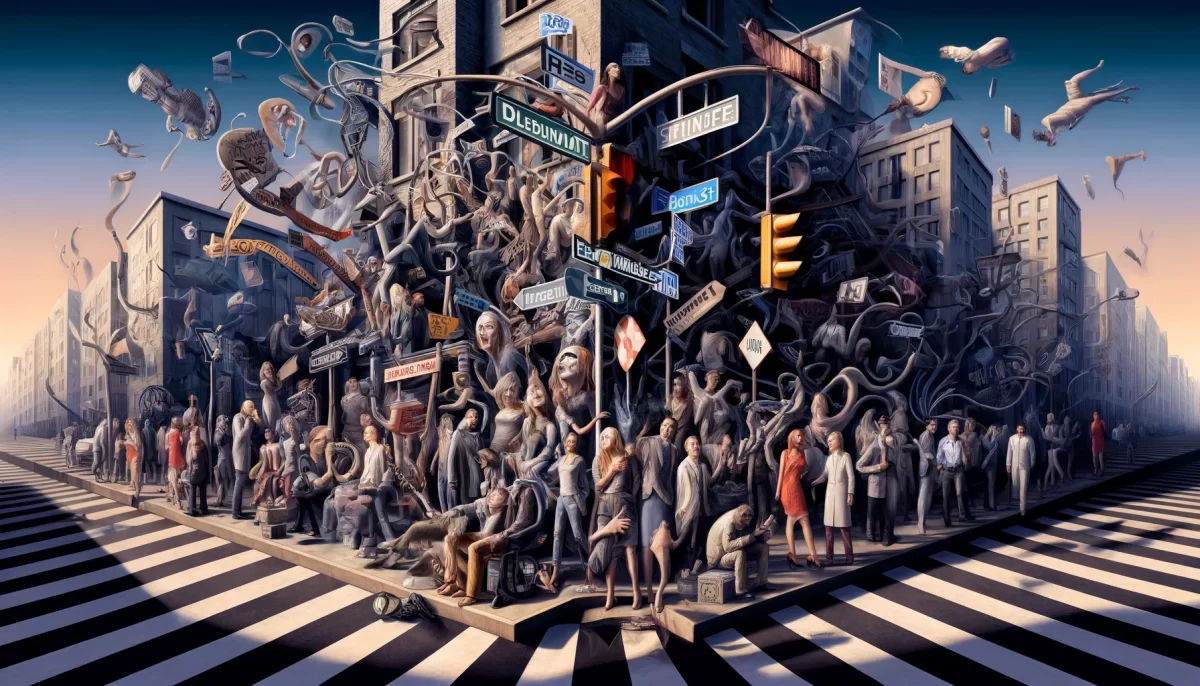



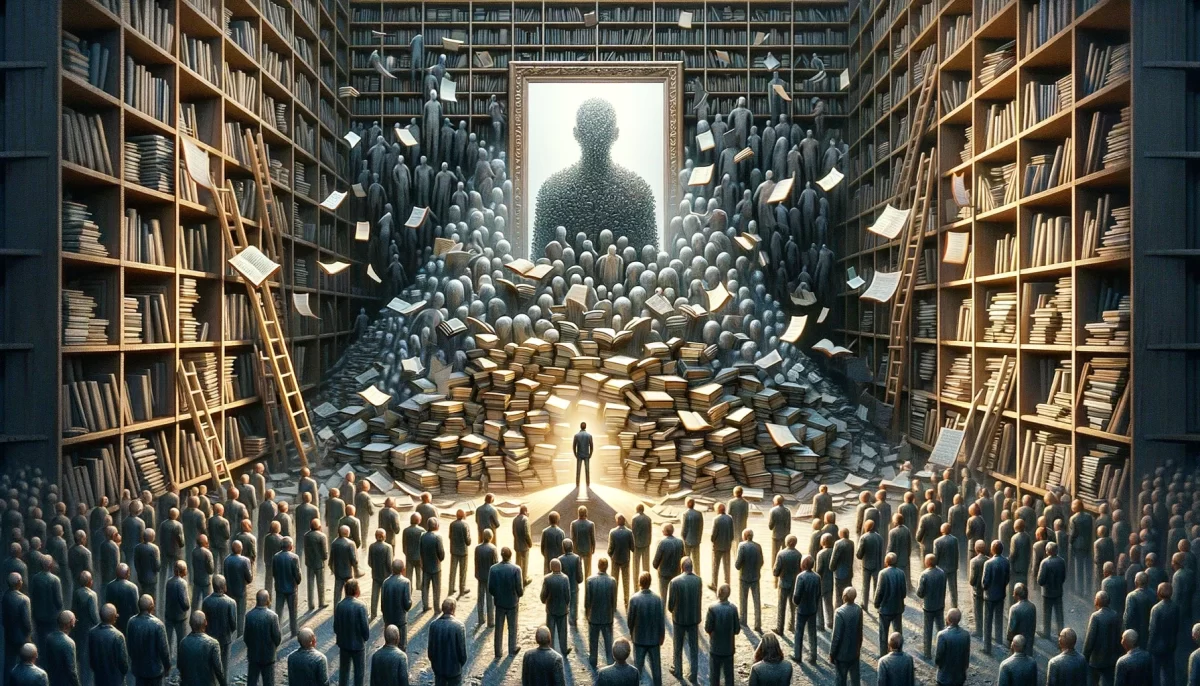





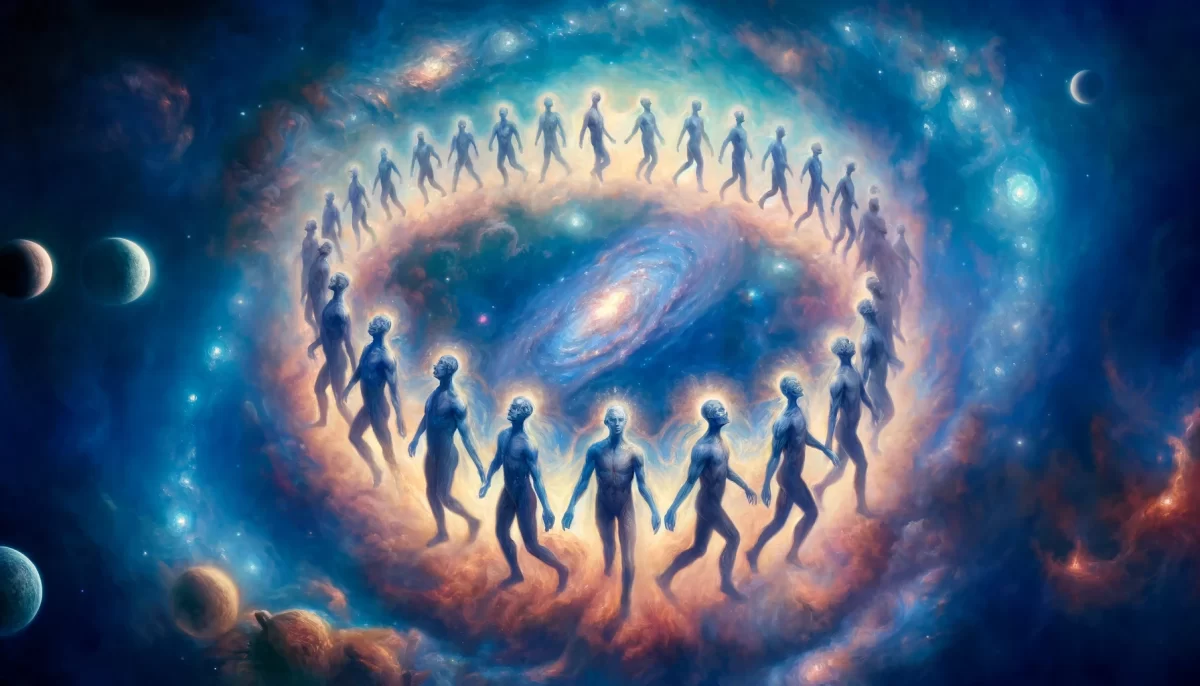
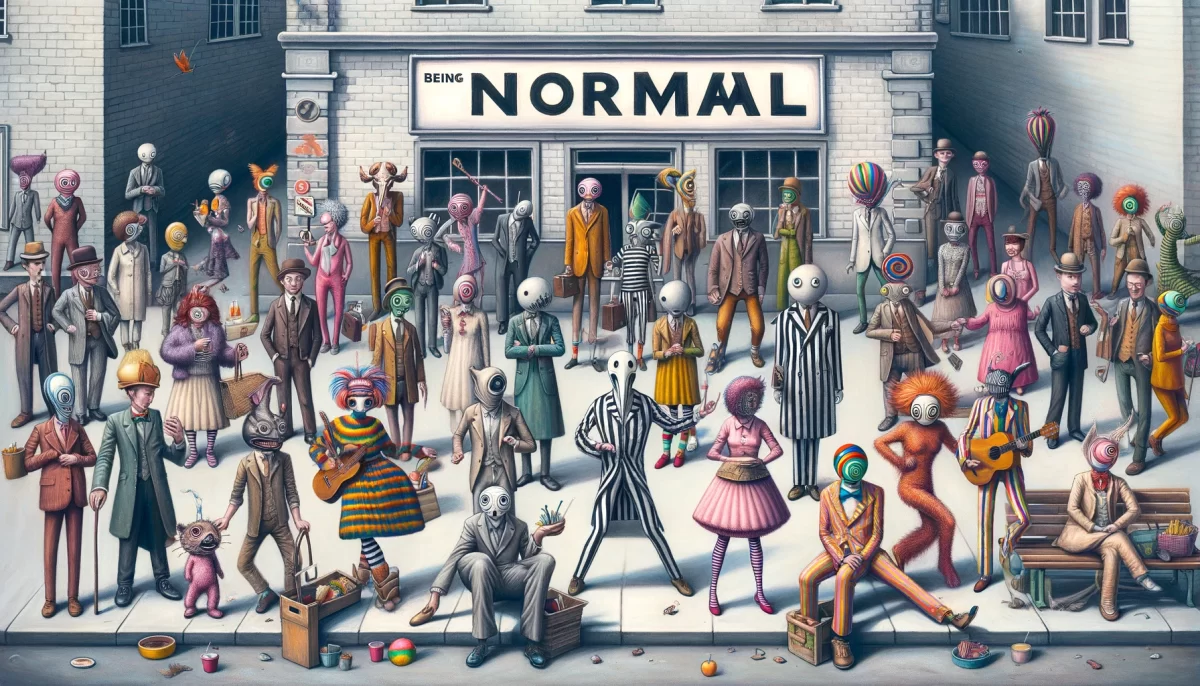





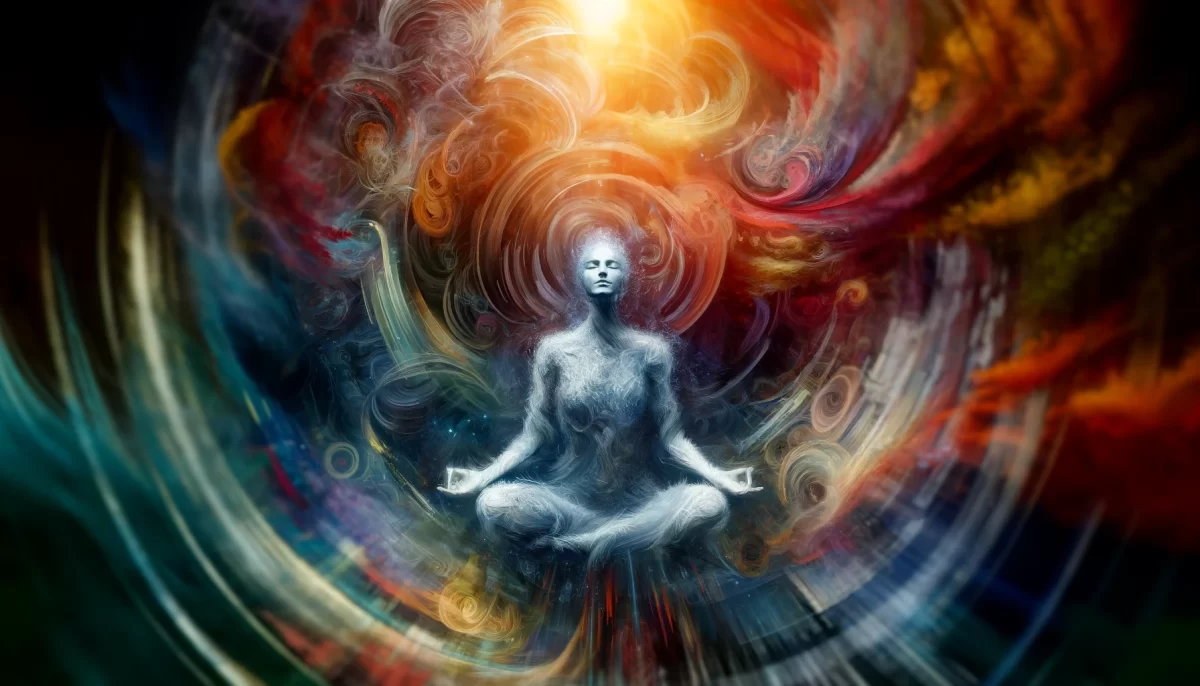






The statement you present reflects a perspective that the core problem lies in corruption rather than specific economic systems like capitalism or socialism. It suggests that corruption is the root issue that needs to be addressed in order to create a more just and equitable society.
The idea of a benevolent dictator is often considered as an alternative to address corruption, as it implies having a leader who acts in the best interest of the people without succumbing to corrupt practices. However, the concept of a benevolent dictator raises concerns about concentration of power and the potential for abuse. History has shown that even with the best intentions, unchecked power can lead to authoritarianism and the erosion of individual freedoms.
Referring to “god” in this context can be interpreted in different ways, depending on one’s beliefs and values. It could be seen as an appeal to a higher moral authority or an idealized notion of a just and incorruptible force. However, relying solely on divine intervention or an external authority may not be a practical solution for addressing corruption within human systems.
Instead, combating corruption requires collective efforts, transparency, accountability, and strong institutions that uphold the rule of law. It involves promoting ethical behavior, empowering citizens to participate in decision-making processes, and implementing robust mechanisms to prevent and punish corruption. Additionally, fostering a culture of integrity, promoting education and awareness, and addressing socioeconomic disparities are all vital aspects of addressing corruption effectively.
Ultimately, the goal should be to create systems that minimize the opportunities for corruption to take root and thrive, regardless of the specific economic system in place. It is a complex and ongoing challenge that necessitates ongoing vigilance, engagement, and a commitment to upholding ethical standards and values.